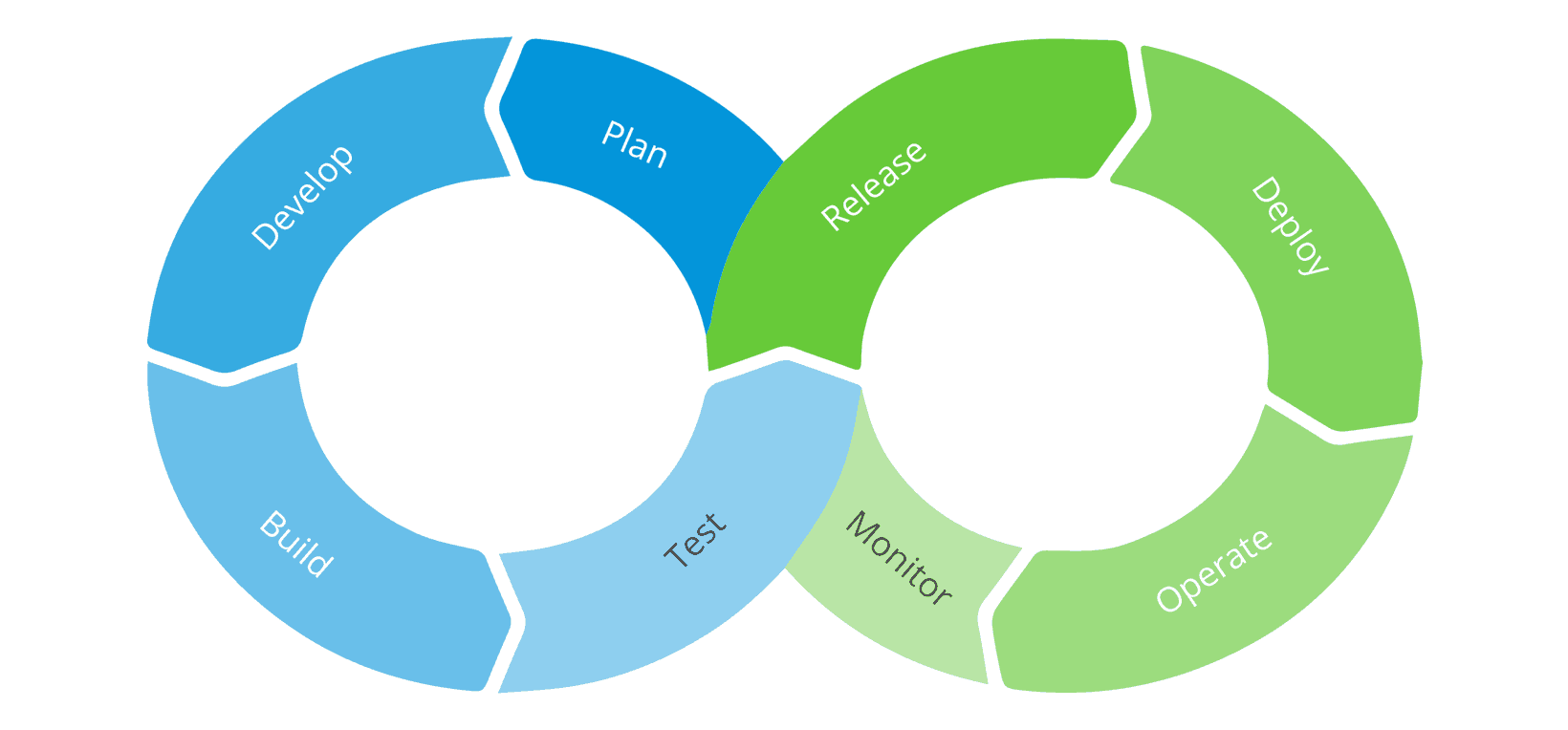7 Ways Organizations Benefit from DevOps

Organizations around the globe have incorporated DevOps into their workflows and even more organizations are considering how it might benefit their teams.
But what is DevOps exactly, and is it right for your company?
In this blog post, we introduce the core problems that DevOps is designed to solve and highlight seven clear benefits of DevOps. It is a precise and highly efficient method of software development with development and operations teams working closely together through a product’s lifecycle. Read on to learn more about how DevOps can help organizations.
Over the last few years, many organizations have adopted agile development to quickly bring ideas to life; in a matter of days or weeks, a team can develop an application. But what about after the application has been completed? A new innovative idea has been created and now it is time to bring the operations team on board, start the request for a server, talk to the database administrator to request a database, and if everything works out, within a few days or weeks you have a server and a database, for your test environment.
For many larger organizations, this development and operations process is a very familiar experience, with rigid operations and distributed ownership. The focus has been on improving the speed and flexibility between the business and the development side of IT. This is where it seemed we could get the most benefits. But after transforming your organization to support agile development, how can you keep the same agile pace during the maintenance of your application? This is where DevOps can make a difference.
What is DevOps?
DevOps is the practice of integrating operations and development engineering teams through a product’s lifecycle. Before DevOps, these teams worked independently from one another creating problems for the product and delays in shipping it. This structure tended to be highly inefficient and slow due to communication barriers. Without DevOps, products are more difficult to maintain and companies cannot scale their products as smoothly.
Organizations wishing to develop excellent software products quickly at scale have adopted DevOps for all of these reasons and more.
DevOps is a cultural change that allows you to break down the barrier between the development team and operations team.
Instead of two siloed teams, DevOps focuses on bringing the operations lifecycle into the same agile experience as the development teams. When adopting the DevOps philosophy, a single DevOps team will remain responsible for a product for the entire lifecycle of the product.

DevOps is the catalyst to start this cultural shift and bring the full IT team into the agile mindset. All to improve the deployment frequency, allowing a faster time to market, a lower failure rate of new releases, shortened lead time between fixes, and faster mean time recovery (disaster recovery).
Here’s some more about DevOps and Mendix:

7 advantages of DevOps
There are many reasons why organizations choose to move towards DevOps. These are the seven reasons that our customers deem most important for adopting DevOps:
1. Communication: The elimination of knowledge transfers between departments
When one DevOps team owns the entire lifecycle, a single team becomes responsible for all aspects. They still rely on the support of other organizational units, but the ownership and work stay within the same team. This results in a better quality of the software and maintenance since the (Dev)Ops teams truly understand the problems and why something has been developed a certain way.
2. Accountability: Decentralized responsibility [towards the team]
By allowing the team to adapt towards the needs of the products that they maintain, the teams can come up with better ideas for improvement and maintenance due to their previous experience.
3. Efficiency: Agile teams and processes throughout the entire application lifecycle
When the entire application lifecycle is fully agile, organizations can achieve even quicker time to market for new functionality and products.
4. Respect for the users: Ops is no longer ‘just’ keeping the lights on
When issues come up, the DevOps team has the ability to listen to the users and implement the needed functionality or fixes.
5. Cost-effectiveness: Reduced cost and risk after the deployment
There is no handover between the two teams. The same team that developed the functionality is involved in the go-live, and support during the riskiest moments.
6. Speed: Continuous organizational automation
This comes from the (Dev)Ops teams who are constantly trying to improve and speed up the most time-consuming processes. It results in faster and more reliable delivery of functionality after every release.
7. Maintenance: Longevity of a product
The DevOps workflow is optimal for maintaining a product over long periods of time and ensuring it works for generations
DevOps is about CAMS
As with adopting agile, a change in mindset is key to a successful DevOps adoption. When you are implementing DevOps, it is key that you change your way of thinking and working. A great thing to remember while making the change is CAMS. John Willis and Damon Edwards were the first people to introduce this term. CAMS is an acronym that represents the core values behind DevOps:
- Culture: People and process ultimately make DevOps successful, and everybody needs to support the vision.
- Automation: Continuously automate the most tedious or time-consuming tasks, and link all used tools together into a single (automated) process.
- Measurement: You need objective measurements to understand where to improve and automate first.
- Sharing: As part of the culture, it is important to share ideas and improvements within the team, but also across other teams.
At Mendix, we recognize these core values as critical to agile, but successful adoption goes beyond just these values. Click the banner below to learn more.
Frequently Asked Questions
-
What benefits does DevOps have in business?
DevOps accelerates delivery, improves quality, and boosts customer satisfaction. It breaks down silos, speeds up issue resolution, and drives innovation. This approach aligns tech operations with business goals, enhancing competitiveness and growth.
-
How can DevOps improve the way an organization works?
DevOps streamlines workflows through automation and standardization. It fosters cross-functional collaboration and rapid experimentation. This methodology reduces time-to-market, enabling organizations to adapt quickly to changing market demands and customer needs.
-
Why is DevOps Important?
DevOps is crucial for speed and reliability in today’s fast-paced digital landscape. It enables organizations to meet rising customer expectations for frequent, high-quality software updates. DevOps practices are key to maintaining competitiveness and driving continuous improvement.
-
What are the economic benefits of DevOps?
DevOps reduces costs, speeds up market entry, and optimizes resource use. It minimizes production failures and downtime, boosting revenue. Improved employee productivity and satisfaction lower turnover costs. Rapid feature deployment can increase market share and revenue opportunities.